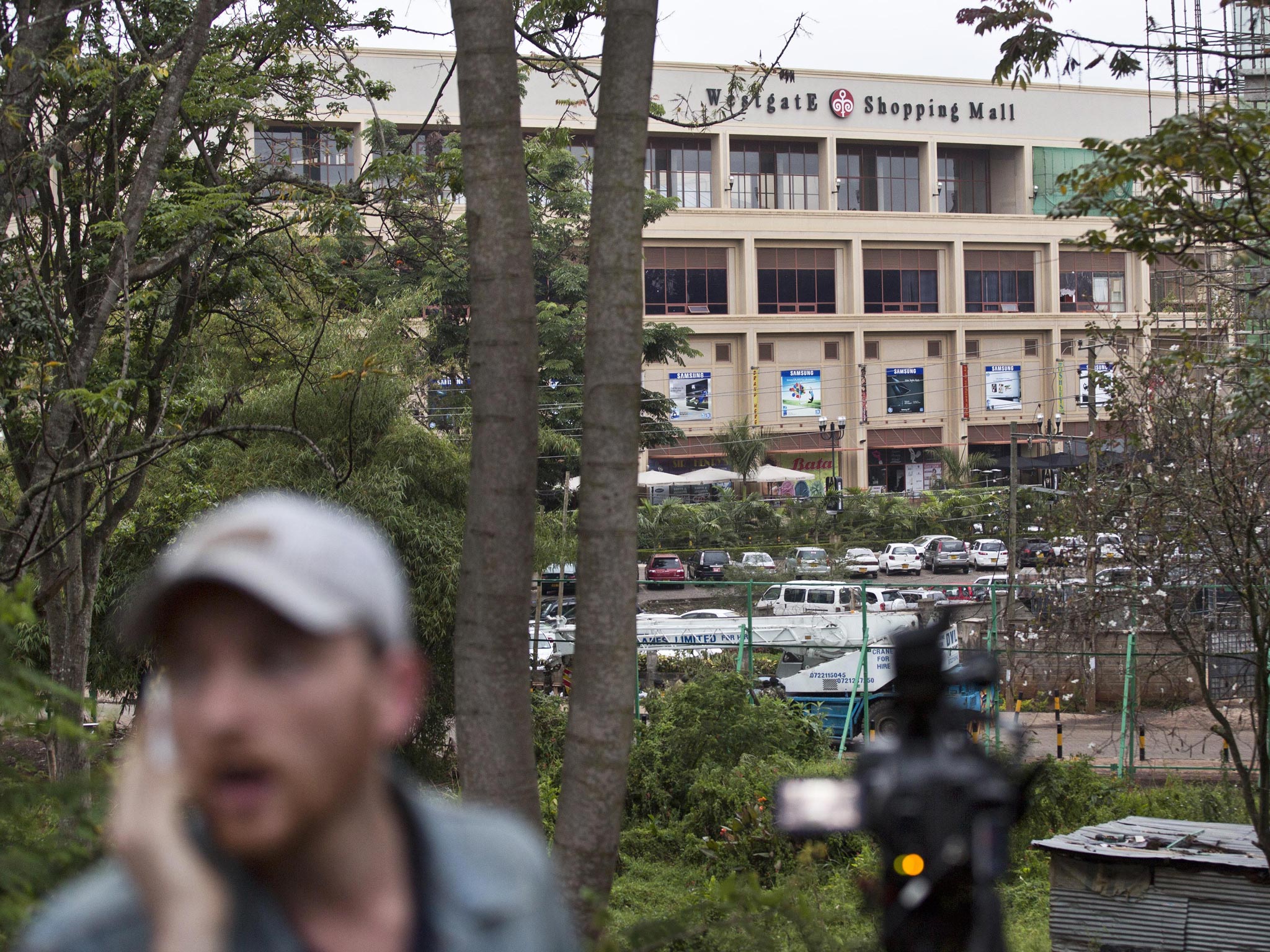Kenya Westgate siege: Government knew attack was possible before Nairobi massacre, say reports
Ministers were reportedly briefed on 'increasing threat of terrorism and of plans to launch simultaneous attacks'

Your support helps us to tell the story
From reproductive rights to climate change to Big Tech, The Independent is on the ground when the story is developing. Whether it's investigating the financials of Elon Musk's pro-Trump PAC or producing our latest documentary, 'The A Word', which shines a light on the American women fighting for reproductive rights, we know how important it is to parse out the facts from the messaging.
At such a critical moment in US history, we need reporters on the ground. Your donation allows us to keep sending journalists to speak to both sides of the story.
The Independent is trusted by Americans across the entire political spectrum. And unlike many other quality news outlets, we choose not to lock Americans out of our reporting and analysis with paywalls. We believe quality journalism should be available to everyone, paid for by those who can afford it.
Your support makes all the difference.The Kenyan government received warnings of a Westgate-style attack before last week's deadly siege, the country’s media outlets have revealed.
Government figures reportedly knew that an attack was possible before militant group al-Shabaab’s siege on the Westgate shopping centre, on 21 September. At least 67 people were killed, and the Kenyan Red Cross says 61 people are still missing. A sixth British citizen is now known to have died, the Foreign Office has confirmed.
As well as ammunition, the gunmen armed themselves with religious trivia questions to identify Muslims and help them to decide who to kill. A Jewish man scrawled Koranic verses on his hand after becoming aware that the attackers were asking their captives to recite specific sections of scripture. Survivors said the killers shot those who gave wrong answers.
Kenya’s Daily Nation newspaper reported that ministers were shown leaked intelligence documents earlier this year “informing them of [the] increasing threat of terrorism and of plans to launch simultaneous attacks”. They were warned first in January, then in early September, that al-Shabaab was planning to single out Westgate and the Holy Family Basilica, a Roman Catholic cathedral, for attack “around September13 and 20, 2013”.
An 8,000-page dossier from the National Intelligence Service also suggested that Israel warned that buildings owned by its citizens, including the mall, could be attacked between 4 and 28 September, according to Kenya’s Standard newspaper.
Cabinet ministers that received briefings reportedly included treasury minister Julius Rotich, interior minister Joseph Ole Lenku and defence forces chief Julius Karangi.
The head of the National Intelligence Service, Michael Gichangi, will be questioned by Kenyan MPs on Monday.
A senior intelligence official told the AFP news agency that the government had been casual in its approach to the briefings.
The official said: “There is no way one can say there was no intelligence on this attack because those reports started trickling in from late last year. And they were specific with targets including Westgate."
The head of the parliamentary defence committee, Ndung'u Gethenji, told the BBC that “people need to know the exact lapses in the security system that possibly allowed this event to take place”.
As the official three days of mourning have ended, funerals of the victims who died in the four-day siege continue.
Join our commenting forum
Join thought-provoking conversations, follow other Independent readers and see their replies
Comments